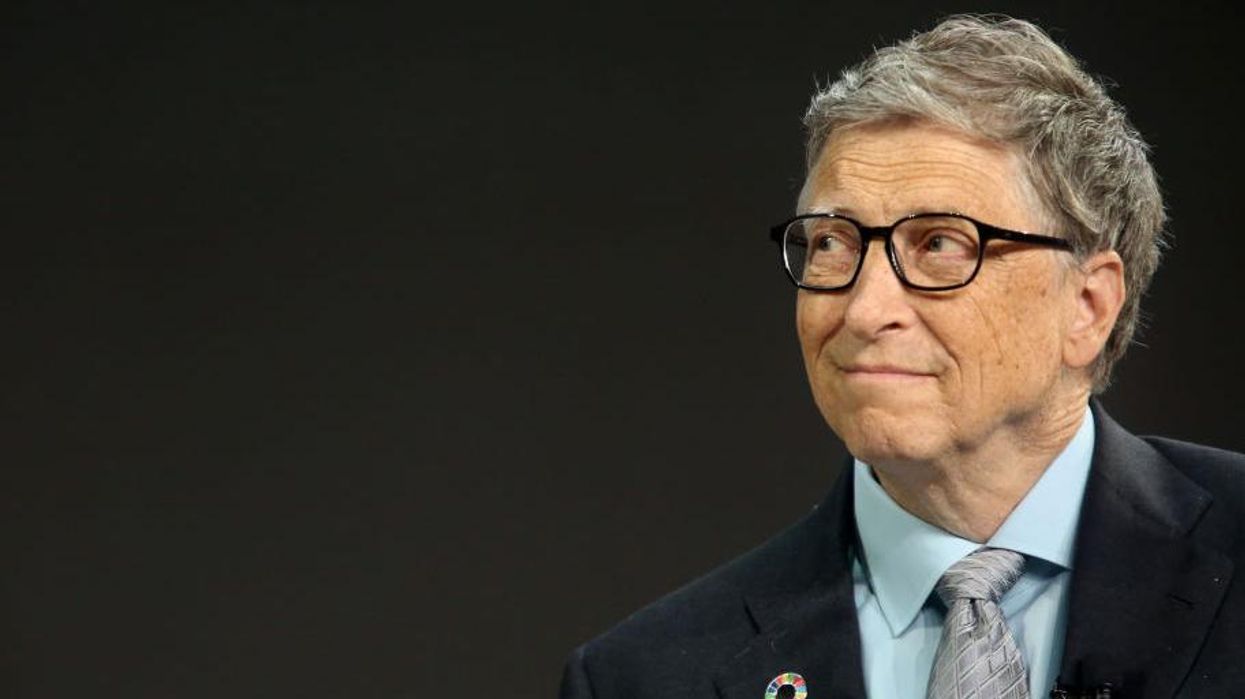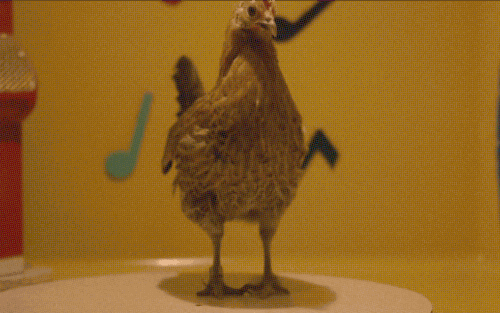Greg Evans
Nov 12, 2017

Picture:
Yana Paskova/Getty Images
Bill Gates is one of the richest businessmen in the world.
In the most recent Forbesassessment, the co-founder of Microsoft was found to be worth a staggering $89.3 billion.
The 62-year-old wouldn't have got to his fortunate position in life if he didn't have a plan in place.
Should his vast empire suddenly collapse and he is forced to live on say, $2 a day, he knows exactly what he would do.
In a blog post published on Gates Notes, the billionaire has revealed that he would raise chickens.

Gates' philanthropic work has seen him travel all over the globe and meet many people from various walks of life.
Of the poorest people he has encountered, he noticed that their lives were marginally improved by owning these cheap and easily sustainable birds.
Gates writes:
That’s a real question for the nearly 1 billion people living in extreme poverty today.
There’s no single right answer, of course, and poverty looks different in different places.
But through my work with the foundation, I’ve met many people in poor countries who raise chickens, and I have learned a lot about the ins and outs of owning these birds.
As he goes more in depth to his reasoning Gates adds that chickens are a good financial investment as they reproduce quickly and can be sold on for the price of $5 in West Africa.
He further explains that chicken eggs are a healthy source of nutrition and protein for a family.
Some cultures also view chicken breeding as being significantly empowering to women, who are more likely to reinvest their profits into their household and family
The foundation that Gates speaks of is in reference to the Bill & Melinda Gates Foundation, who in association with the Heifer International charity, donates livestock to some of the poorest regions in the world.
Gates continues by saying that the foundation view chickens as a key element to achieving their goals in Africa.
Our foundation is betting on chickens. Alongside partners throughout sub-Saharan Africa, we are working to create sustainable market systems for poultry.
It’s especially important for these systems to make sure farmers can buy birds that have been properly vaccinated and are well suited to the local growing conditions.
Our goal: to eventually help 30 percent of the rural families in sub-Saharan Africa raise improved breeds of vaccinated chickens, up from just 5 percent now.
HT Lad Bible
More: 7 things Bill Gates predicted 18 years ago that have already come true
Top 100
The Conversation (0)












